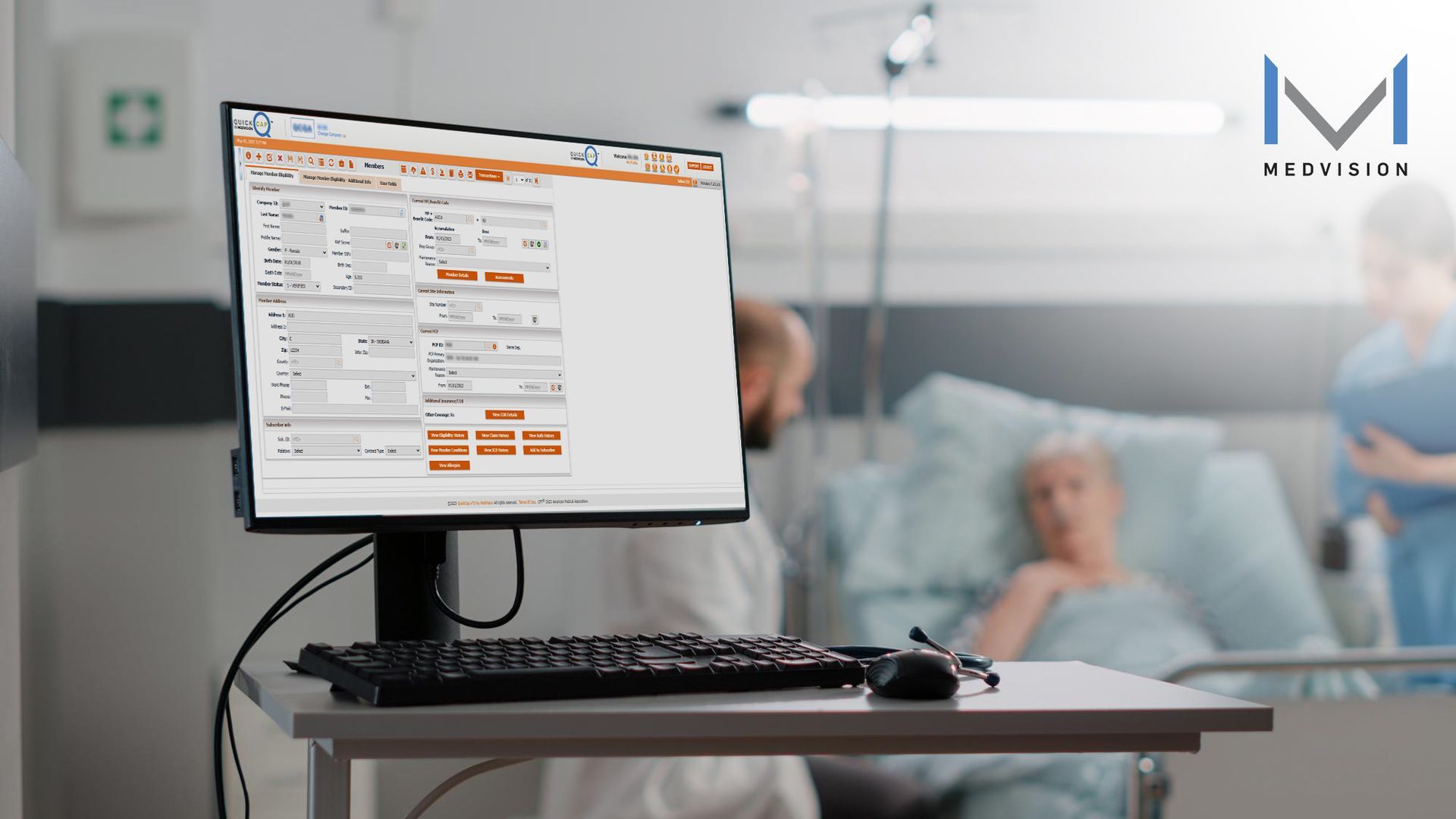How Care Coordination Software Impacts Your Practice
Now that healthcare is increasingly complex, care coordination software plays a crucial role that requires significant attention. This powerful tool helps prevent potential gaps in care, delays in treatment, and suboptimal patient outcomes. Effective care coordination software enables providers to manage patient care across multiple settings and providers, ensuring that patients receive the best possible care.
Read More:
Effectuating Value Through a Care Coordination Model

From Chaos to Clarity in Workflows
Implementing care coordination software in your practice can yield numerous benefits, such as reducing errors, enhancing patient outcomes, and boosting staff satisfaction. Improved communication is one such advantage that enables care teams to better manage patient care plans and respond promptly to emergencies. Moreover, a streamlined workflow reduces the administrative workload, freeing up more time for patient care.
Care coordination software also simplifies data sharing, enabling care teams to easily access patient data such as test results, diagnoses, and treatment plans. Automated messaging and progress tracking features provide seamless task delegation and eliminate the need for cumbersome phone tags or email chains. This keeps everyone on the same page and ensures that nothing falls through the cracks.
Read More:
Benefits of Care Coordination Software for Case Management
Patient Care at Its Best with Care Coordination Software
Care coordination software is a powerful tool that helps care teams communicate and collaborate more efficiently. Providers can deliver more personalized and effective care with this opportunity to share real-time patient information across different care settings and teams. This reduces the risk of errors and ensures timely interventions. Patients also benefit from greater access to healthcare providers, including specialists. This results in lower hospitalization rates, lower clinical costs, and improved overall health.
One of the key advantages of care coordination software is its ability to manage chronic conditions. Providers can use real-time information to adjust treatment plans, monitor patients’ progress more closely, and intervene promptly if necessary. Additionally, care coordination software facilitates smooth care transitions, reducing the risk of errors and ensuring continuity of care.
Care Coordination Software Addresses Security Woes
Security, compliance, and cost-effectiveness are top concerns for medical practices in today’s digital age. Healthcare providers must protect sensitive patient information from cyber threats and breaches while ensuring regulatory compliance to avoid hefty fines and legal repercussions. As healthcare costs continue to rise, providers need to ensure that they deliver care in the most practical manner.
To address these concerns, care coordination software provides a centralized platform for healthcare providers to manage patient information securely. Advanced security features, such as data encryption, access control, and audit trails, equip these platforms to safeguard patient information from cyber threats and unauthorized access. Practices can also enforce access controls, such as two-factor authentication, to ensure that only authorized personnel can access sensitive patient data.
Moreover, care coordination software automates compliance tracking and reporting, helping practices comply with regulatory requirements more efficiently. This feature also saves time and resources by reducing the need for manual audits.
Read More: 5 Digital Measures for Healthcare Data Security and Privacy

Transform Care Coordination with QuickCap 7
In the competitive world of healthcare, practices look for innovative solutions to improve patient outcomes and increase operational efficiency. MedVision’s QuickCap7 (QC7) is a game-changing care coordination software that can help leading practices like yours achieve these goals. QC7 offers a range of features, including streamlined communication, patient engagement, care coordination, and analytics, that can revolutionize how your practice operates. By using QC7 as your care coordination software, you can be confident that your patients’ data is secure and well-managed.
Now Is the Time to Implement Revolutionary Care Coordination Software in Your Practice
References:
- Care Coordination Facilitated With Interoperability Platform. “Care Coordination Facilitated With Interoperability Platform,” n.d. https://www.healthitoutcomes.com/doc/care-coordination-facilitated-with-interoperability-platform-0001.
- PubMed. “Unpacking Care Coordination Through a Multiteam System Lens: A Conceptual Framework and Systematic Review - PubMed,” March 1, 2018. https://doi.org/10.1097/MLR.0000000000000874.
- JMIR Medical Informatics. “Designing an Algorithm to Preserve Privacy for Medical Record Linkage With Error-Prone Data,” January 20, 2014. https://doi.org/10.2196/medinform.3090.
Recently published articles
Keep in touch
Subscribe to get the latest update
Trending topics
Share your insights on social media
Upcoming events and company news


















